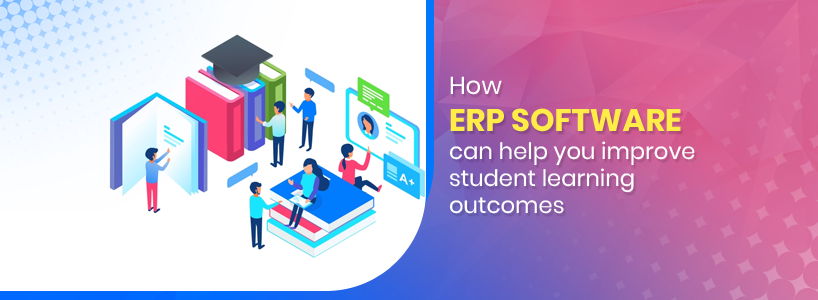Education isn't just about textbooks and tests anymore. Modern schools operate like complex organizations, juggling admissions, academics, logistics, and communication - all while aiming for one crucial goal: enhancing student learning outcomes. This is where Education Enterprise Resource Planning (ERP) systems emerge as powerful tools for school management software, streamlining operations and empowering data-driven decision-making - all with the student at the center.
Empowering Personalized Learning:
- Track individual progress: Detailed academic and attendance data from Education ERP systems like [insert specific school management software names and screenshots/logos] enables teachers to identify each student's strengths and weaknesses, tailoring learning experiences to suit their needs.
- Adaptive learning pathways: Based on performance data, ERP systems can recommend personalized learning materials and activities, fostering deeper understanding and engagement.
- Talent identification and nurturing: Early identification of gifted students or those needing extra support becomes easier with real-time insights from school management software , allowing intervention and targeted initiatives.
Fostering Efficient Administration:
- Automate routine tasks: It has automate processes like attendance tracking, fee management, and communication, freeing up valuable time for teachers to focus on what matters most - teaching.
- Streamlined communication: Parents and students stay informed through automated updates, progress reports, and online portals within school management software, ensuring everyone is on the same page.
- Enhanced resource allocation: Data-driven insights on resource utilization from Education ERP systems help schools optimize classrooms, staff schedules, and budget allocation, creating a more efficient learning environment.
Building a Collaborative Ecosystem:
- Connected staff and faculty: with this organisation can serve as a central platform for seamless communication and collaboration between teachers, administrators, and support staff through school management software features, ensuring consistency and shared goals.
- Parent-teacher engagement: ERP facilitates two-way communication between parents and teachers through messaging and scheduling tools within school management software, fostering stronger partnerships and a supportive learning community.
- Data-driven decision-making: Real-time data analytics from Education ERP systems empower school leaders to make informed decisions about curriculum, staff development, and resource allocation, constantly improving the learning experience.
Conclusion:
Investing in the right Education ERP system and utilizing its full potential through comprehensive school management software isn't just about streamlining operations; it's about reimagining education. By placing students at the heart of the process, providing educators with actionable insights, and fostering a collaborative ecosystem, Education ERP can be the catalyst for transforming schools into centers of excellence. Investing in the right technology might just be the key to unlocking the true potential of every student.
